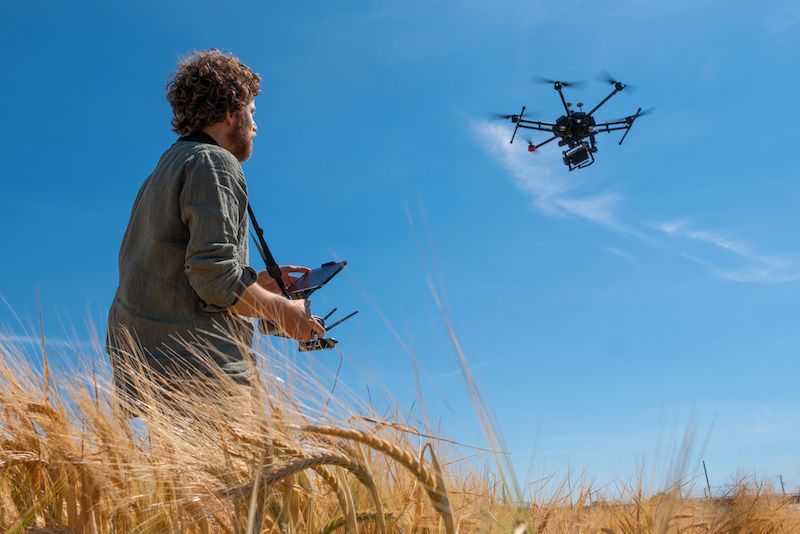
Aerial photos from Scarlett
Agricultural scientists are researching how the performance of cultivated barley can be increased. A drone is now also being used on the experimental station site in Halle. Read more

Agricultural scientists are researching how the performance of cultivated barley can be increased. A drone is now also being used on the experimental station site in Halle. Read more
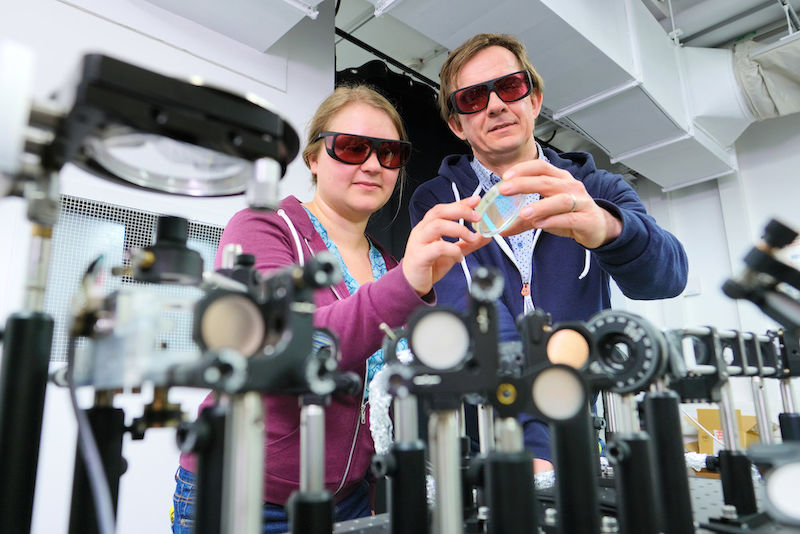
Medical physicists Professor Jan Laufer and Ulrike Pohle are working on a world first: a photoacoustic microscope with an optical ultrasound sensor that makes it possible to display high-resolution images of blood vessel networks. Their goal is to closely monitor and understand their growth. Read more
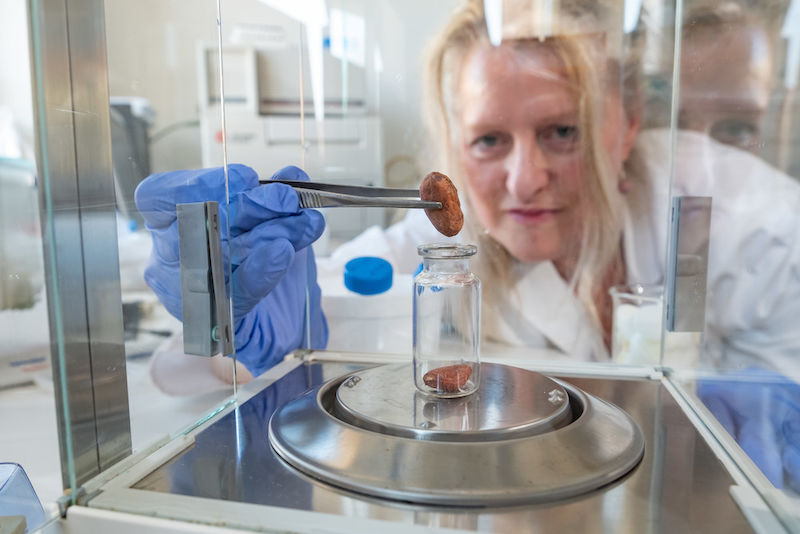
Nutrition research at MLU is broad-based. It goes far beyond the boundaries of traditional disciplines, because its subject matter is as extensive as it is complex. The scientists are working on counteracting the progression of diseases through targeted changes in nutrition. Read more
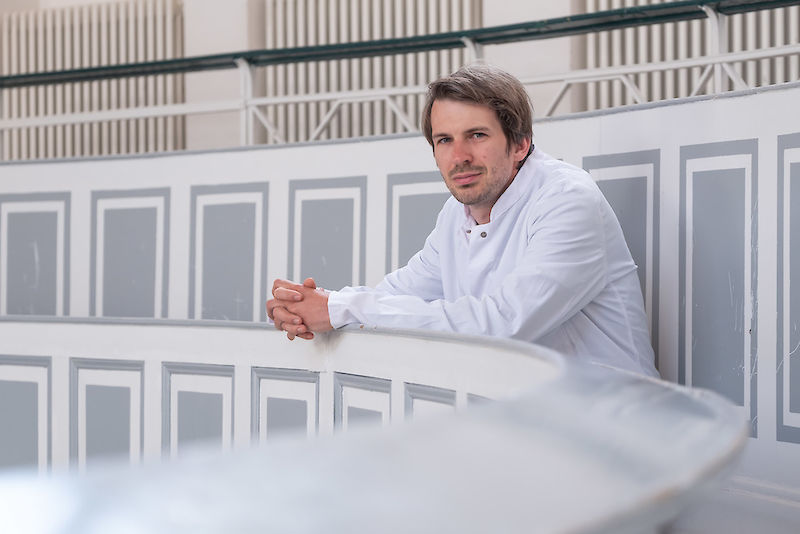
Professor Martin Gericke investigates inflammatory reactions in adipose tissue. One aspect he is investigating is why not all obese people suffer from typical diseases of affluence associated with obesity, such as high blood pressure and diabetes. Read more
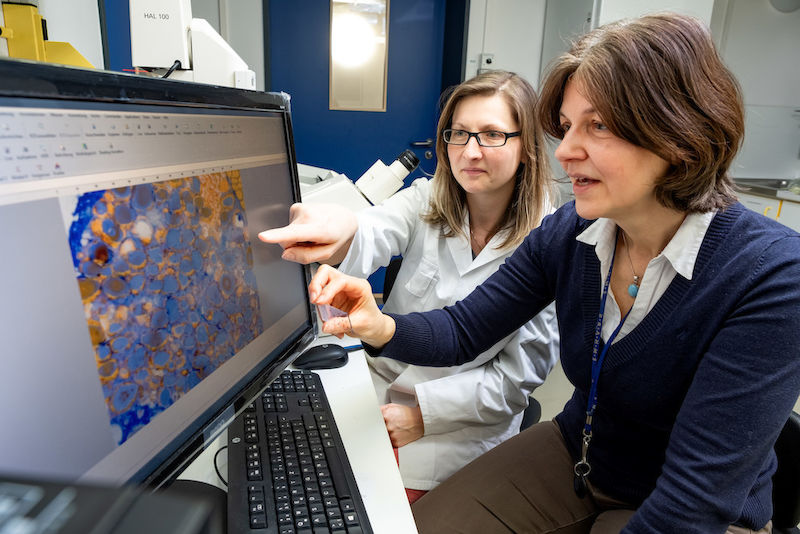
Foods should become healthier. The focus is also on vitamin D - a substance that scientists in Halle have now even found in cocoa and chocolate, products made from the cocoa fruit. Nutrition research at the MLU has long since become interdisciplinary, and research is often carried out within the framework of networks. One of these is the competence cluster for nutrition and cardiovascular health "nutriCARD". Read more
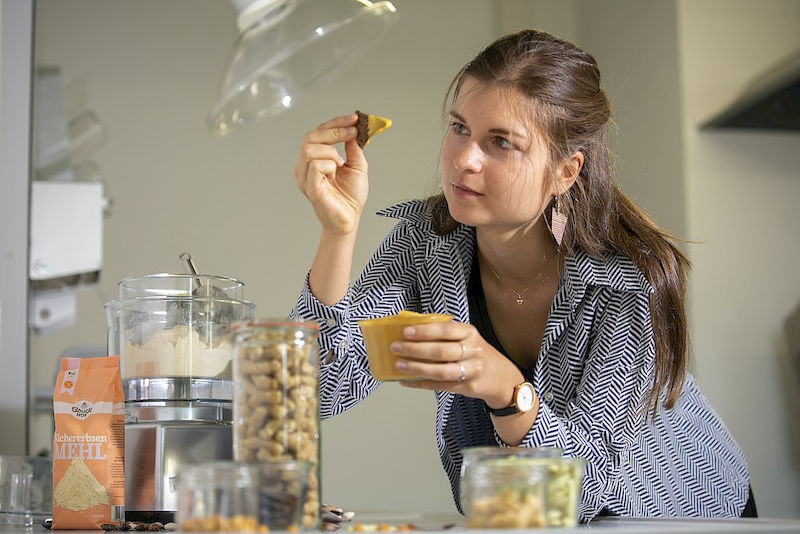
At first glance, legumes are not necessarily what one would call hipster food. Their image fluctuates between cosy home-cooked meals and flatulence – without merit, counters Emilie Wegner. A graduate of MLU, the nutritionist has now founded her own company called “Hülsenreich”. She will begin producing tasty snacks from this underestimated local produce. Her project has already won a award. Read more

His work covers questions relating to the protection of intellectual property and relating to scientific inventions: Dr Robert Szczesny works in the restructured “Transfer and Start-up Service” unit at the university. To help with this, the 41-year-old has even taken up another course of study himself. Read more

The question of the east, of what is specifically East German is discussed in politics and the feature articles of national daily newspapers. What should be explained and why? The religious scholar Professor Daniel Cyranka puts the topic into context. Read more
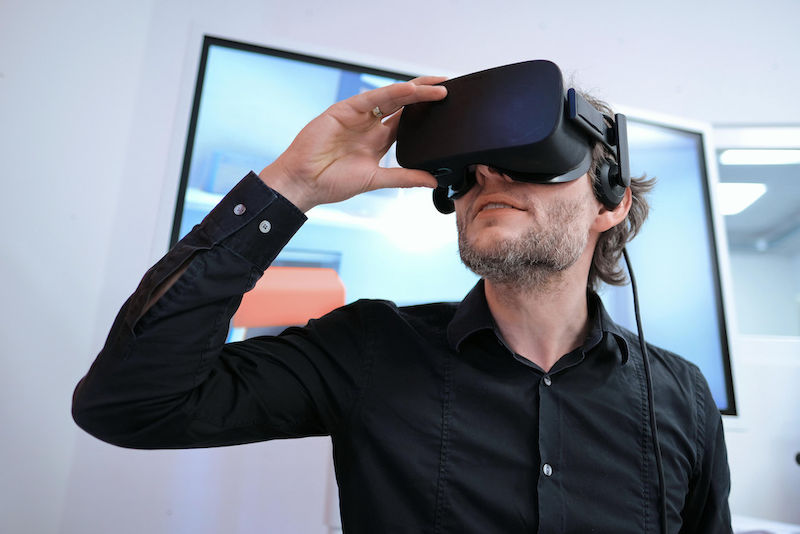
It is a new phenomenon in nursing science: a virtual learning software aims to demonstrate how older people’s perception of their home environment changes. It is being developed in a project at the University of Halle. Read more